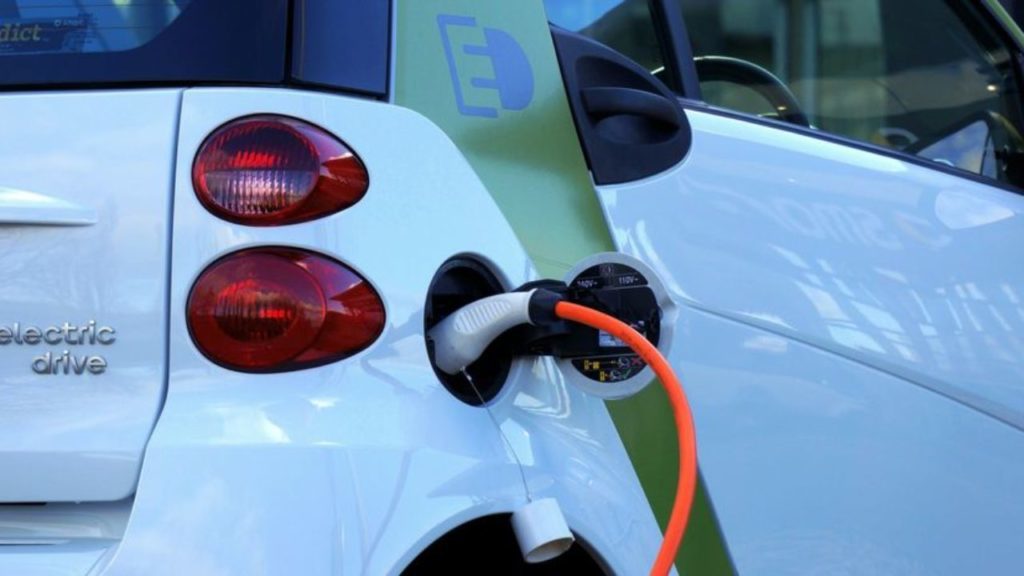As per a recent study by Emission Analytics, the batteries of electric vehicles are heavier than petrol engines which in turn puts more weight on brakes and tyres which further releases more particulate matter from brakes and tyres as compared to modern gas-powered counterparts. As per the study, the particulate matter emission could be 1,850 times greater.

EVs cause 1850 times Particulate Matter Emission
Immense interest has been generated in the environment-friendly transportation choices and it is a widely accepted notion that the EVs are better for the environment than petrol and diesel cars due to the fact that they produce lesser greenhouse gases.
The report says that the heavier batteries cause the EV to deteriorate faster by accelerating wear and tear and then release harmful chemicals into air, what makes the scenario all the more precarious is that most of the tyres are made up of synthetic rubber which in turn is derived from crude oil.
Global Electric Vehicle Adoption Outlook
Reports cited the example of Tesla Model Y and the Ford F-150 Lightning which have batteries that weigh around 1,800 pounds. As per the study, the tyre wear emissions from an electric car with half ton battery is 400 times than its petrol counterpart.
As per the Bloomberg, Uber has planned that by 2030, all its vehicles in US, Canada & European cities shall be 100% electric.
Dara Khosrowshahi, CEO of Uber said that “The stark reality is that Uber will not reach our zero-emission goals without stronger action from policymakers and businesses. Unfortunately, right at the moment we need to accelerate through the turn, many governments and automakers are slowing down,” he added.












